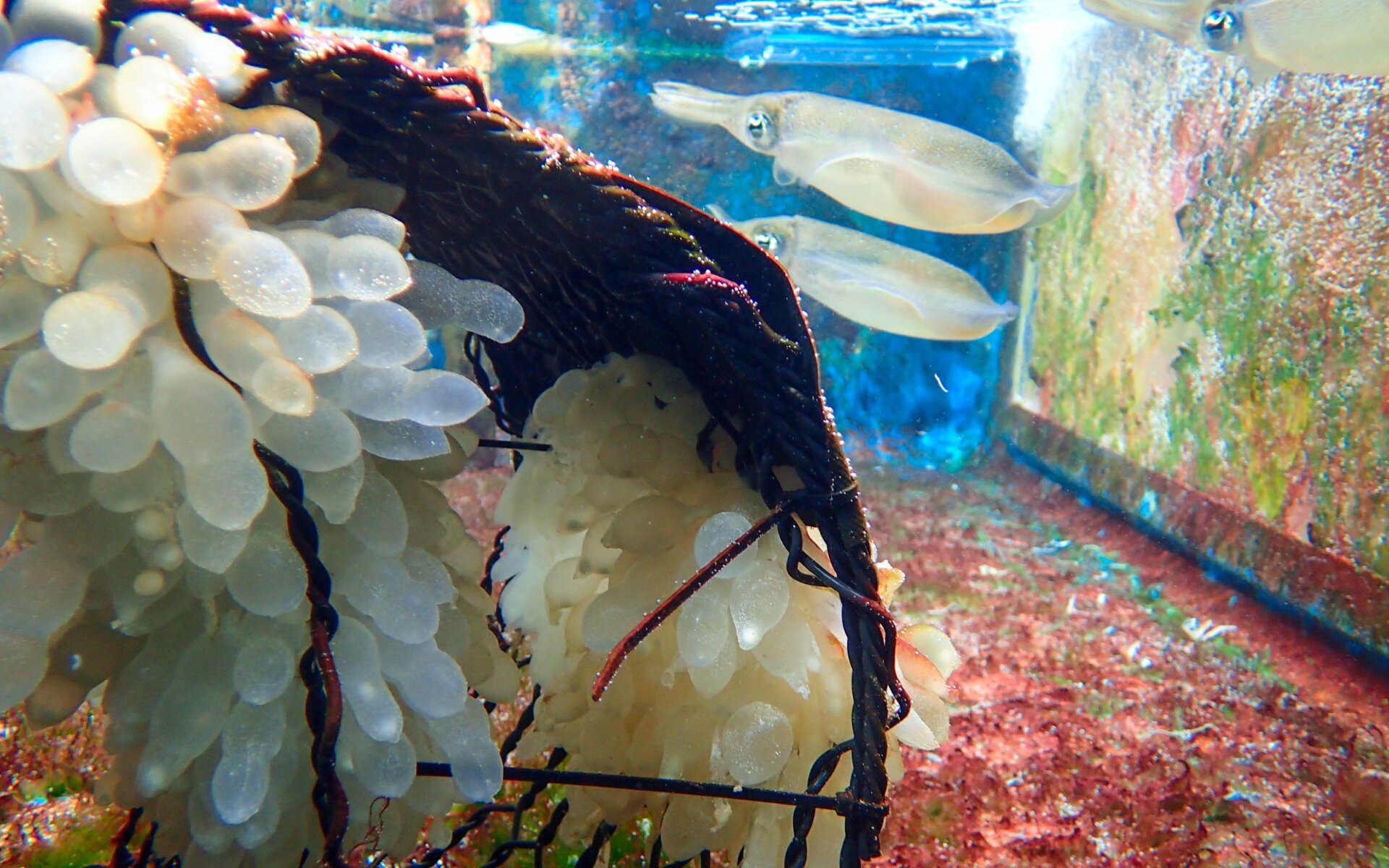Eco-Friendly Approaches to Combat Parasitism in Squid Aquaculture

Understanding the Challenges of Squid Aquaculture
Squid farming has long been fraught with difficulties. Below are some of the primary challenges:
- Highly sensitive to changes in water flow
- Vulnerable to various diseases
- Complex life cycles that are hard to manage
- Difficult food preferences leading to feeding challenges
- Aggressive behaviors among squid affect survival rates
The New Treatment Method
Recent research has introduced an eco-friendly treatment that shows promise in saving squid eggs affected by a newfound parasite. This treatment is significant as it aims to protect cephalopod populations amidst rising concerns of parasitism in aquaculture.
Conclusion
In conclusion, the innovative methods developed for squid aquaculture can potentially transform the industry, making it more sustainable and effective. This is crucial for the future of cephalopods in both wild and farmed environments.
This article was prepared using information from open sources in accordance with the principles of Ethical Policy. The editorial team is not responsible for absolute accuracy, as it relies on data from the sources referenced.